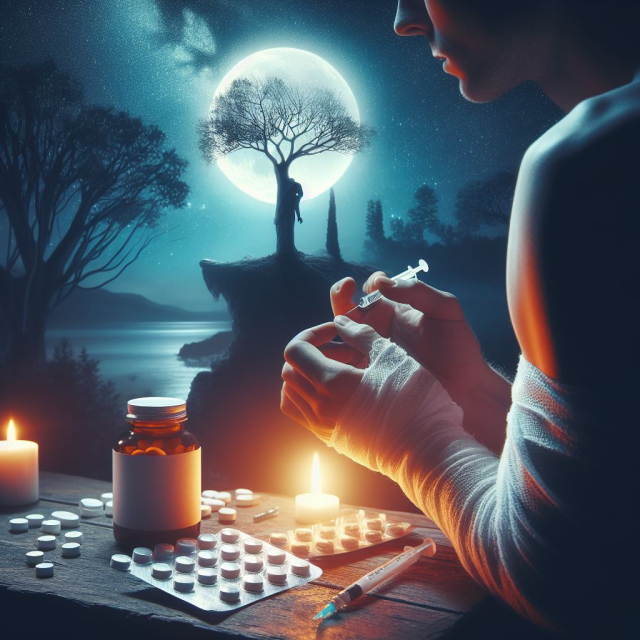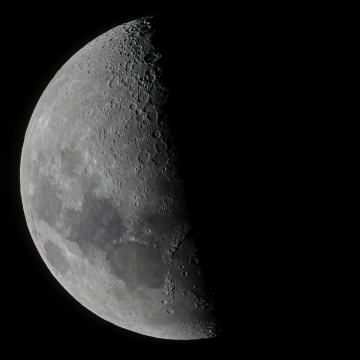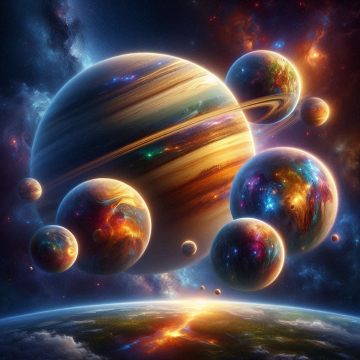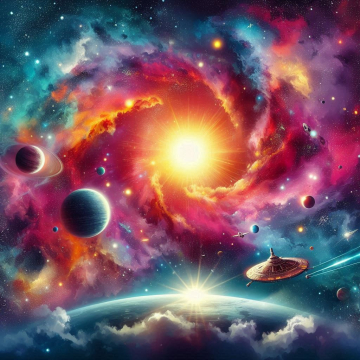The Moon, that celestial satellite that has captured the imagination of humanity for millennia, has been the subject of a wide range of interpretations and speculations in all cultures of the world. Since ancient times, the Moon has been believed to exert a significant influence on various aspects of life on Earth, including human health. In particular, popular theories and beliefs have been put forward about the possible relationship between the different phases of the Moon and the intake of medications. Join us as we delve into the vastness of this apparent connection, exploring the historical roots, contemporary scientific studies, and possible explanations behind this intriguing phenomenon.
Ancestral beliefs and ancient traditions.
Beliefs about the Moon's influence on human health and well-being have deep roots in the traditions and mythologies of various cultures. Since ancient times, the different lunar phases have been considered to have a notable effect on various aspects of terrestrial life, including health. In many cultures, the idea is held that medications can be more effective if taken during certain phases of the Moon, such as the full Moon or the new Moon. Likewise, there are those who believe that certain lunar phases can interfere with the effectiveness of certain medicinal treatments.
These beliefs, rooted in empirical observation and wisdom passed down from generation to generation, have endured over time and continue to influence some people's decisions regarding their health and the treatment of illnesses. Despite the lack of solid scientific evidence to support them, these beliefs have stood the test of time and continue to be the subject of study and research today.
The consumption of purgatives according to the phases of the moon.
The belief in the influence of the Moon on the effectiveness of purgatives is a tradition rooted in many cultures around the world. According to this popular belief, the appropriate lunar phase can enhance the effects of purgatives, thus facilitating their action on the human body. For example, it is argued that purgatives are most effective when taken during the waning Moon, since it is believed that in this phase the Moon exerts a more favorable influence on the elimination of toxins and waste from the body.
This belief is based on the idea that the Moon, by influencing the tides and other aspects of nature, can also affect the functioning of the human body. Each lunar phase is considered to have unique properties that can enhance certain biological processes, including the elimination of toxins through the digestive system. Therefore, some people choose to take purgatives specifically during the lunar phase that they consider most favorable for this purpose.
However, it is important to note that this belief does not have solid scientific support. Although some studies have explored the relationship between the phases of the Moon and human health, the available evidence is limited and largely anecdotal. The actual effects of the Moon on the effectiveness of purgatives have not yet been conclusively demonstrated, and their use should be based on medical guidance and available scientific evidence.
Scientific research and relevant discoveries.
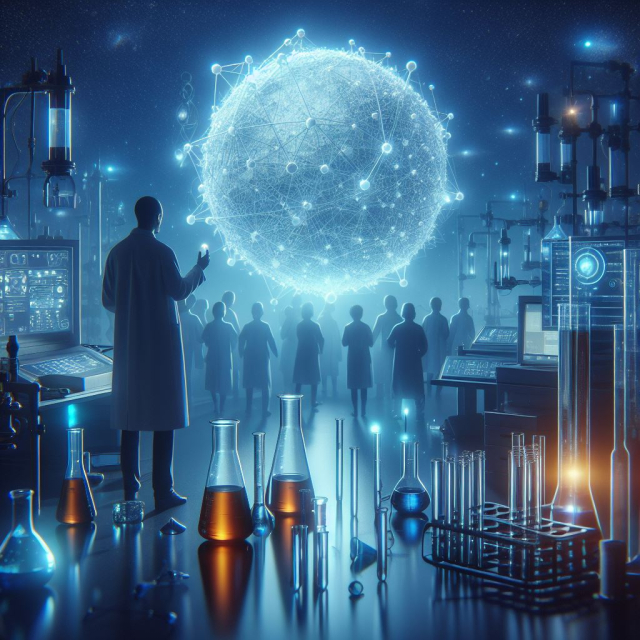
Despite the abundance of popular beliefs about the relationship between the phases of the Moon and the intake of medications, scientific evidence on this topic is scarce and, in many cases, contradictory. Over the years, various studies have been conducted to investigate this apparent connection, although the results have been varied and often inconclusive.
One of the first studies on this topic was conducted in the 1970s by Dr. Arnold Lieber and his colleagues at Creedmoor Psychiatric Hospital in New York. In this study, the effects of the full moon on the behavior and treatment response of psychiatric patients were examined. Although some correlations were found between the full Moon and certain behaviors, no strong evidence was found that the Moon had a significant effect on the effectiveness of medications.
Additionally, in a more recent study conducted in 2013 by researchers at the University of Basel in Switzerland, the relationship between the phases of the Moon and sleep quality was analyzed in a group of healthy volunteers. While some associations were found between moon phases and changes in sleep architecture, no conclusive evidence was found that moon phases had a significant impact on sleep quality.
Exploring possible mechanisms of action.
Despite the lack of solid scientific evidence, some researchers have proposed theories about possible mechanisms of action that could explain the apparent connection between the phases of the Moon and medication intake. One theory suggests that changes in lunar gravity during different lunar phases could influence the absorption, distribution and metabolism of drugs in the human body.
Another theory suggests that moonlight could influence circadian rhythms and biological rhythms, which in turn could affect how the body processes medications. However, to date, these theories have not been supported by solid scientific evidence and continue to be the subject of research and debate in the scientific community.
Future research needs.
Despite the efforts made to date, there is still much to discover about the possible relationship between the phases of the Moon and the intake of medications. Additional, better-designed studies are needed to investigate this connection more rigorously and scientifically.
Future studies could further explore the possible mechanisms of action behind this apparent connection and examine whether certain types of medications are more susceptible to the Moon's influence than others. Additionally, large-scale longitudinal studies could be conducted to evaluate whether there are consistent patterns in drug efficacy in relation to moon phases in different populations and clinical settings.
The relationship between the phases of the Moon and the intake of medicines remains an unsolved enigma in the world of science and medicine. Although popular beliefs have persisted over time, the scientific evidence available to date is limited and does not allow definitive conclusions to be reached. However, with a rigorous approach and carefully designed research, we may one day better understand this fascinating connection between the cosmos and human health.
